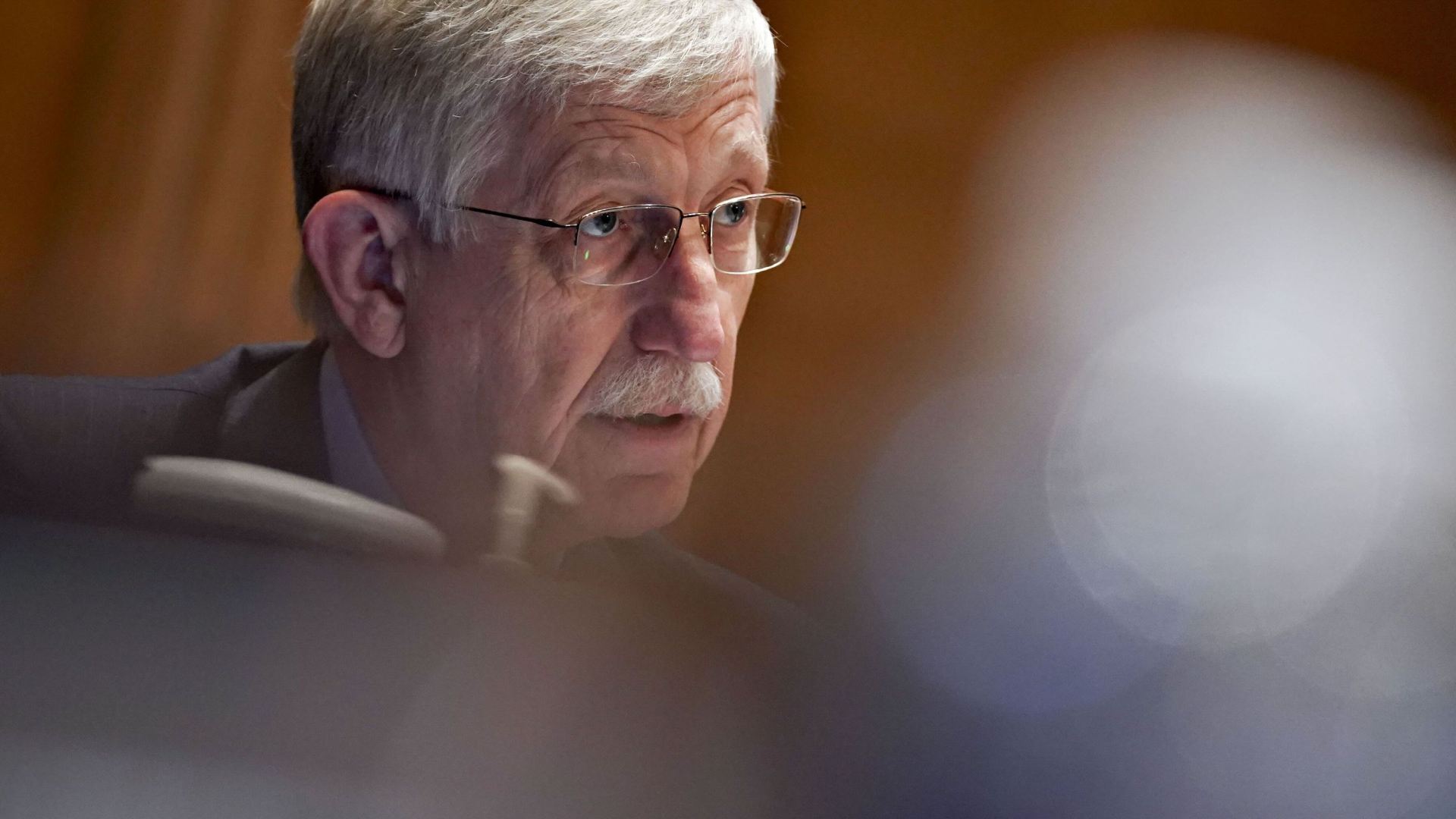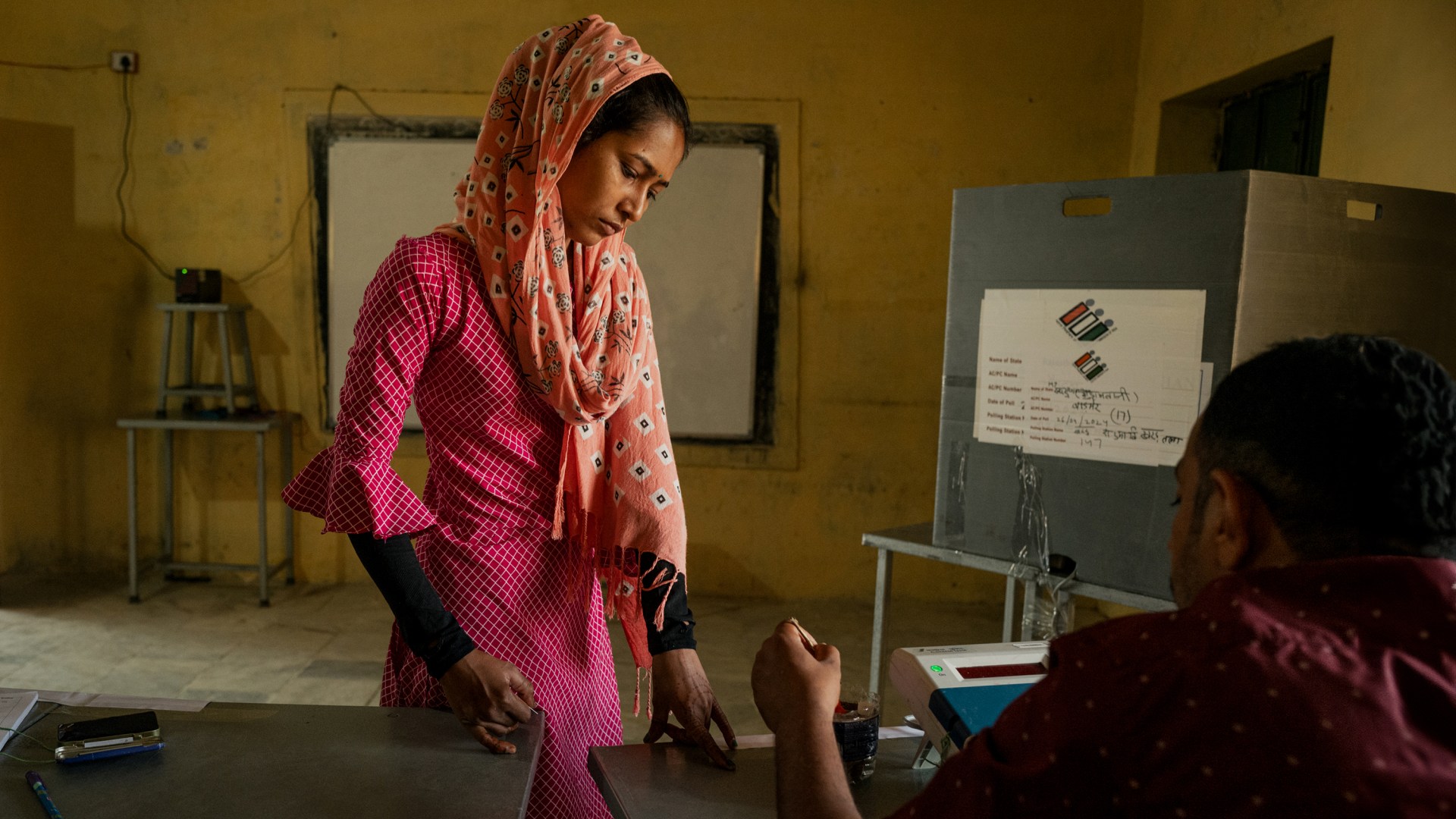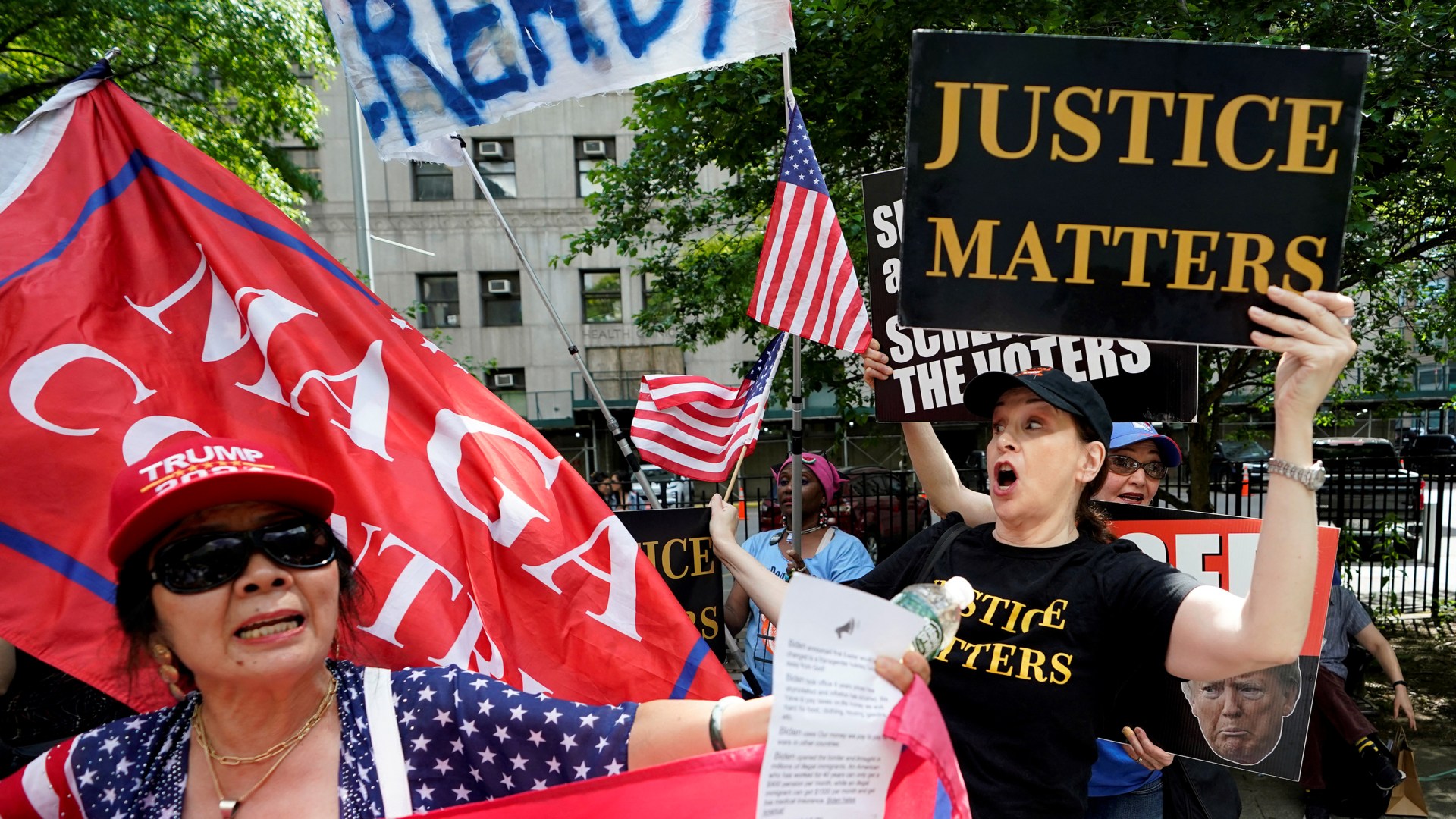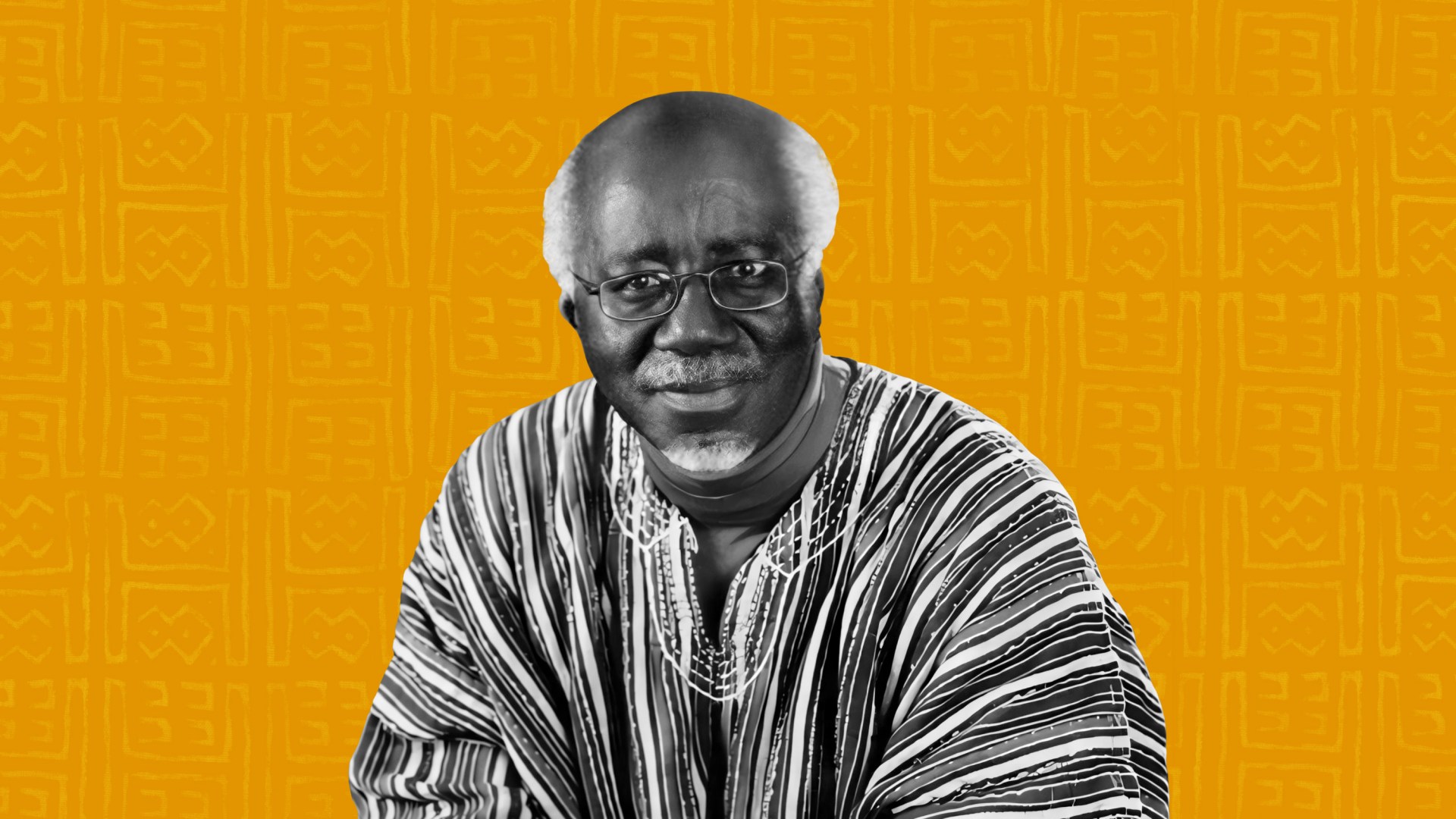Wycliffe Bible Translators’ building is 167,000 square feet of class-A office space, with windows looking out over palm trees, golf course grass, and a shimmering blue lake that appears to be a near-perfect circle. The headquarters is about 10 miles from the Orlando airport in the Lake Nona area, sitting on 272 lush acres that include wetlands filled with Florida wildlife, an RV park, an activity center, a welcome center, corporate-quality lodging, a clinic, and more land that could be developed in the future.
And all of this could be yours.
From John Wycliffe Boulevard to Great Commission Way, the global home base of the 82-year-old Bible translation organization is for sale. The property was listed in mid-February. Its real estate agents called it “an unrivaled opportunity for a full campus user looking for their own headquarters within the metro area.”
Selling all this is a matter of stewardship, according to John Chesnut, Wycliffe’s president and CEO. The ministry doesn’t need the space and wasn’t using it to full capacity.
Chesnut is a little concerned, though, that people will hear that and think Wycliffe is struggling financially or has fallen on hard times, when that isn’t actually the case.
“It’s the strongest we’ve ever been in our history,” he told CT. “It’s just been a huge season of blessing. We’re accelerating new translations, engaging or starting with new partners, faster than we ever have.”
In 2023, Wycliffe greenlit 523 new Bible translation projects, he added. The ministry, which has helped translate more than 700 languages since it was founded in 1942, currently has about 1,700 active projects.
According to Chesnut, the bulk of the proceeds from the sale of the property will go to fund more Bibles.
“How do we increase project funding in order to say yes to more and more projects around the world?” he said. “Focusing on vision and mission, we have to look at all things across our budget and how we work, and we had to look at this fixed asset.”
Wycliffe’s headquarters was designed for about 800 people. Wycliffe has about 3,000 staff globally, but only about 300 are in the Orlando area. And many of those workers don’t come into the office every day.
Remote work was common at Wycliffe even before the COVID-19 pandemic, when all nonessential activity in Florida was restricted for two and a half months. Since June 2020, however, more of the staff have found they prefer working from home, so the building has remained mostly empty.
“On a high day, we’re utilizing maybe 15 percent,” Chesnut told CT. “It’s just the new work rhythm.”
A lot of office workers are discovering that new rhythm. A recent study of commercial real estate found that nearly 20 percent of all office space in the United States was vacant at the end of 2023. Rates are even higher in the Midwest, with 22 percent vacant in Indianapolis, 23 percent in Chicago, and above 25 percent in Columbus and Cincinnati. The rate of new construction across the country is down more than half.
Some of this can be attributed to changes in employment rates. The total number of Americans with office jobs dropped last year from 36 million to 35.2 million. But by far the biggest change has been the increase of hybrid work and the growing acceptance of remote-first employment.
The shift is very visible at evangelical nonprofits. Christianity Today, for example, has increased its staff by more than 25 percent since 2021. Currently, however, less than half of its 86 employees live in Illinois, and only 22 live within easy driving distance of the ministry’s longtime headquarters in the western suburbs of Chicago.
“We discovered we were perfectly capable of thriving as a media ministry with a distributed team,” CT president and CEO Timothy Dalrymple said. “In fact, being distributed brought a lot of advantages. It expanded our relational networks and our engagement with different regions and cultures. We were no longer monolithically Midwestern. We could hire the best people we could find, regardless of location.”
CT sold its office in March. The 23,000-square-foot building, which has housed the magazine and other parts of the ministry since 1976—when CT relocated from Washington, DC—will become a veterinary hospital.
CT owned the building debt-free, so the sale was not motivated by financial concerns but cultural ones.
“Our old building served us well for decades, but it did not present an attractive work environment for today’s team,” Dalrymple said.
CT will rent a 5,000-square-foot space on Hale Street in downtown Wheaton, Illinois, starting September 1. The new space has an open office area, several meeting rooms, a small media studio, and a place to host some gatherings.
Dalrymple expects 20 to 25 people to work there day to day. But for the majority of the staff, the foreseeable future will be remote. CT employees will communicate over Zoom and Slack and other apps, gathering in person only a few times a year.
Cultivating ministry culture is perhaps the trickiest part of selling your headquarters and going remote, according to Ben Mandrell, CEO of Lifeway Christian Resources.
The Southern Baptist ministry sold its building in downtown Nashville in 2021. Now, it has a new building in the suburb of Brentwood, which doesn’t have traditional offices but is designed instead as a “teaming space,” where people who mostly work on their own can come together to collaborate, create, and plan.
Lifeway staff clearly prefer this approach to office space, according to Mandrell, but he personally struggled with the change.
“It was really hard for me,” he said. “I like to see people. I like to look in their eyes. I like walk-around management.”
Management styles have to change when people aren’t all in the same physical space, Mandrell has found. Supervisors have to learn that the time that someone is working matters a lot less than the output. They have to trust people to know the best way to get their work done.
Building trust and developing team culture has become the main focus of Lifeway’s twice-a-year team meetings. Initially, the leadership used the all-staff gatherings to convey information to employees—talking about new projects, new products, health benefits, and any changes to company policies. Now the in-person events are for celebration.
“We play a lot of silly games onstage and celebrate people,” Mandrell said. “We have this huge awards ceremony at the end where we give away $2,000 and time off to 20 people per year. They have to stand onstage while we read stuff about them that is very affirming, written by the people they work with. When we read their names, the whole place just erupts, and that’s become our kind of culture.”
It has taken a few years, however, for Lifeway to figure out this new approach to building camaraderie and community—and to figure out what it means to work together while apart.
It has taken a while too for supporters and donors to see that this change is not a sign of crisis. Some people’s first reaction when a ministry headquarters goes up for sale—in downtown Nashville, suburban Chicago, or the Lake Nona area of Orlando—is to assume a financial catastrophe is breaking into public view. But the leaders of these evangelical ministries say it’s just the way the world of work is changing. It’s an effort to be innovative and creative and to better fulfill their mission.
“People are always alarmist,” Mandrell said. “I had to tell a lot of people, ‘It’s not a fire sale.’ It looks like a fire sale on the outside. On the inside, it looks like mission focus.”








































